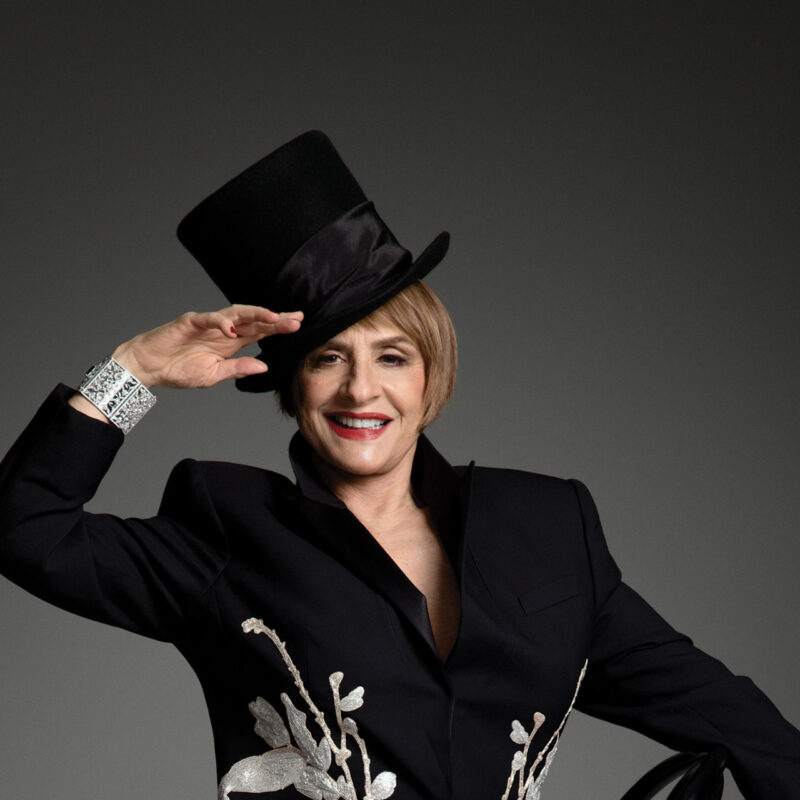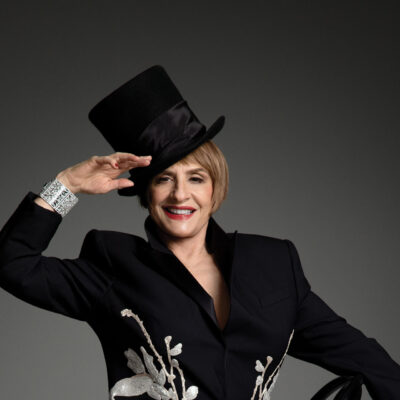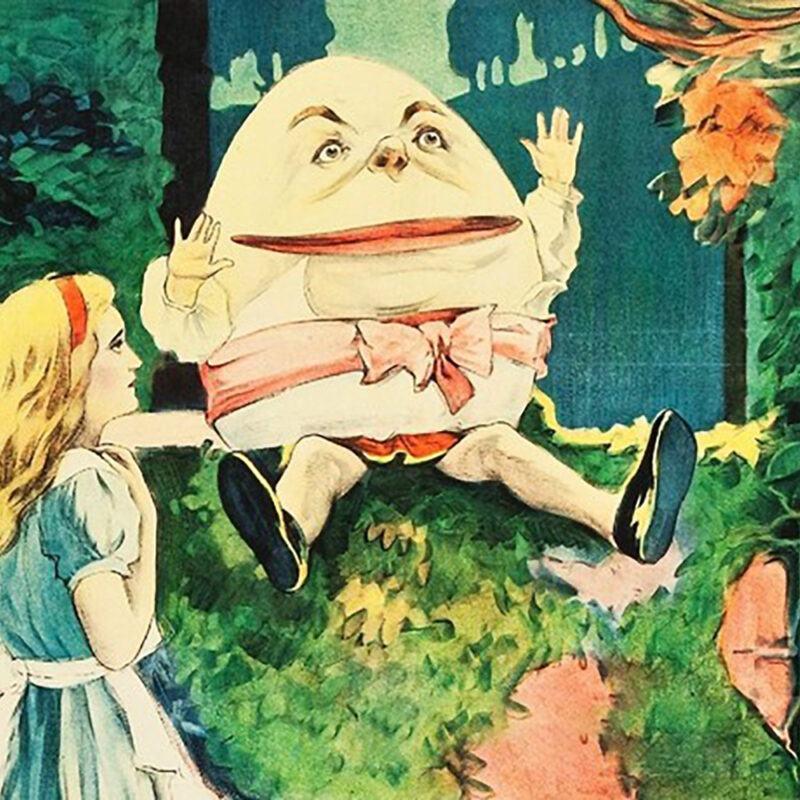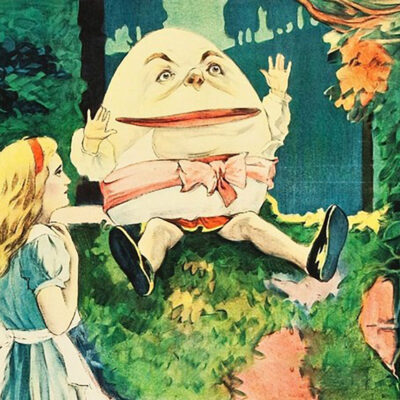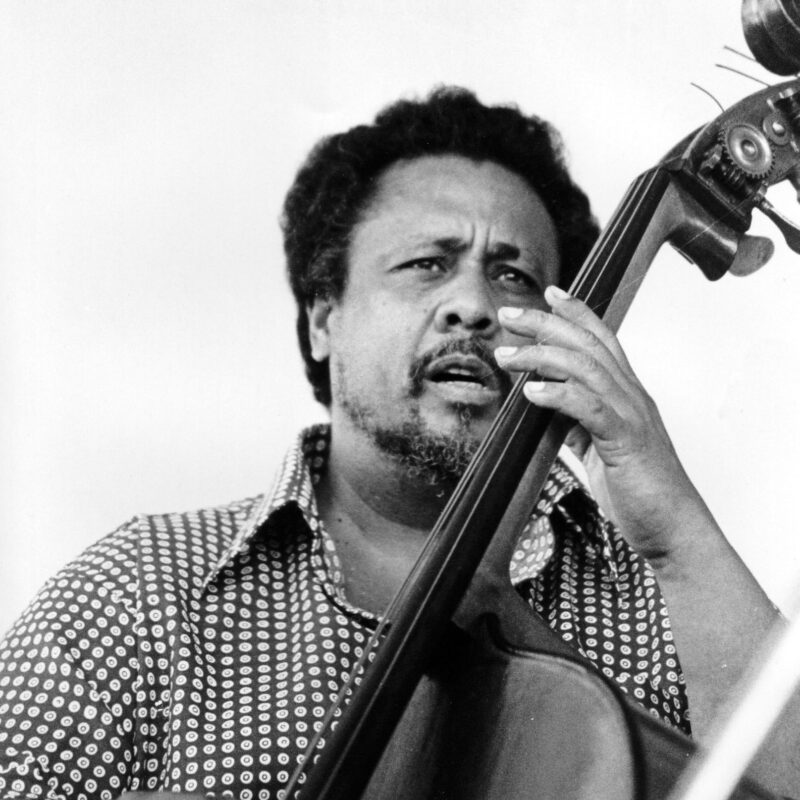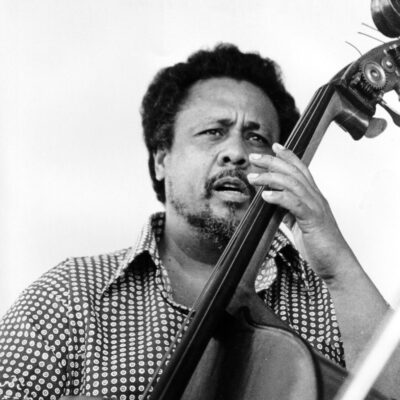Known for her honed and exacting prose, Kathryn Scanlan is a writer of essays and novels, including Aug 9—Fog, The Dominant Animal, and Kick the Latch. From her tightly constructed short stories to novels informed by real-life stories and research, Scanlan is intensely dedicated to form and craft.
In her “Notes on Craft,” published in Granta, Scanlan wrote: “In an object can be found meaning, pleasure and mystery, if one can see it unencumbered by ideas of how it is supposed to look. The task is to describe a thing as if to an alien, or as if one is an alien herself.” Reading her fiction is to understand precisely this alienness and to be pulled into the uncanny microcosms Scanlan crafts, word by word, and edit by edit.
One of her microcosms is the world of horse racing, brought to life in Kick the Latch, a short novel of interludes told by Sonia, a character based on a real person who participated in interviews with the author to form the backbone of the novel. The resulting book is more than just a transcript of conversations, though: It is a meticulously shaped distillation of an entire life. Toward the end of the novel, the fictional Sonia reflects, “When I tell Jerry stories about the racetrack he doesn’t say much. It’s hard for people who haven’t been there to understand. There’s a particular language you pick up on the track. I’d come home for the holidays and try to talk to my family, but nothing I said made sense to them. What? they’d say. Huh? What do you mean?” The reader experiences no such confusion about the racetrack, however, as Scanlan searingly recreates that world through episodic stories she crafts from Sonia’s real-life experience. Emotionally gutting in moments, the novel is a joyful and moving examination of one woman and the ways her passion shaped her.
Kick the Latch is a standout, but Scanlan is no stranger to accolades for her work. She has received a Pushcart Prize, Iowa Review Award, Gordon Burn Prize, Windham-Campbell Prize for Fiction, Literature Award from the American Academy of Arts and Letters, and fellowships from MacDowell and the Jan Michalski Foundation. She is also currently the Rea Visiting Writer in the University of Virginia’s creative writing program. In advance of her upcoming reading at UVA, she discussed her work.
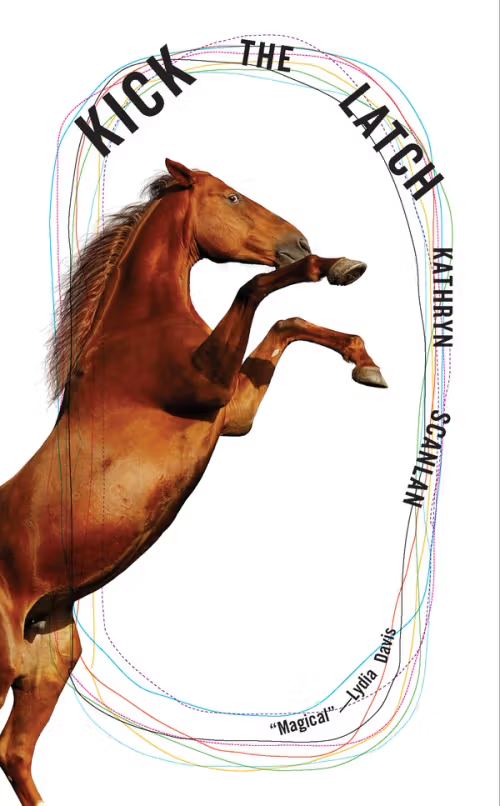
C-VILLE: Often making use of the documentary form as a jumping-off point, your fiction takes very specific and responsive forms depending on the source material you’re working with, whether a found diary that informed Aug 9—Fog, the series of interviews that led to Kick the Latch, or other conversations and material influences you’ve described for some of the stories in The Dominant Animal. What drew you to this type of research and connection to real life?
Kathyrn Scanlan: I think “real life” examined closely is more uncanny and rich and moving than most anything I could invent—though I do invent things, too.
You studied painting and creative writing and have elsewhere discussed the similarity between your writing and that of visual art techniques like collage. How does your relationship to the visual inform your relationship to writing?
I render images and arrange them into compositions where meaning (I hope)—as with painting or other plastic art—is suggested or invited but ultimately elusive. For Aug 9—Fog and Kick the Latch, the influence of conceptual art is more present—the conceptualization of these specific projects.
You grew up in Iowa but have since moved to Los Angeles. How do you feel place influences your work, past and present?
I work in a close way on something observed—I take a lot of notes—so any place where I’ve spent time is likely to show up in the writing, although Iowa’s imprint is deeper than anywhere else’s.
Animals also play a large role in your fiction and you’ve described growing up around lots of animals. What’s your current relationship to animals in your work and your life?
I look for animals and watch them and think about them, and as a result they show up in my work. A lot of the pleasure I get in a daily way comes from encounters with animals.
Among other recognition, you received the 2024 Windham-Campbell Prize and are a writer in residence in Chemnitz, the European Capital of Culture 2025. How have accolades like these impacted you and your work?
Financial support is the obvious impact: they let me live and write. Recognition opens the possibility for better options and opportunities. The attention of accolades is less comfortable and not something to set store on, since it’s all chance and luck.
How do you hold space for writing in your daily life?
At this point I think writing and daily life are inseparable—they are the same thing. I work at my desk and put words on paper or laptop but I am also writing when I eat breakfast or wash dishes or buy groceries or walk or spend time with people.
What are you working on currently?
I’m working on a few things, including a second story collection, a book about sound, and a book about driving.

